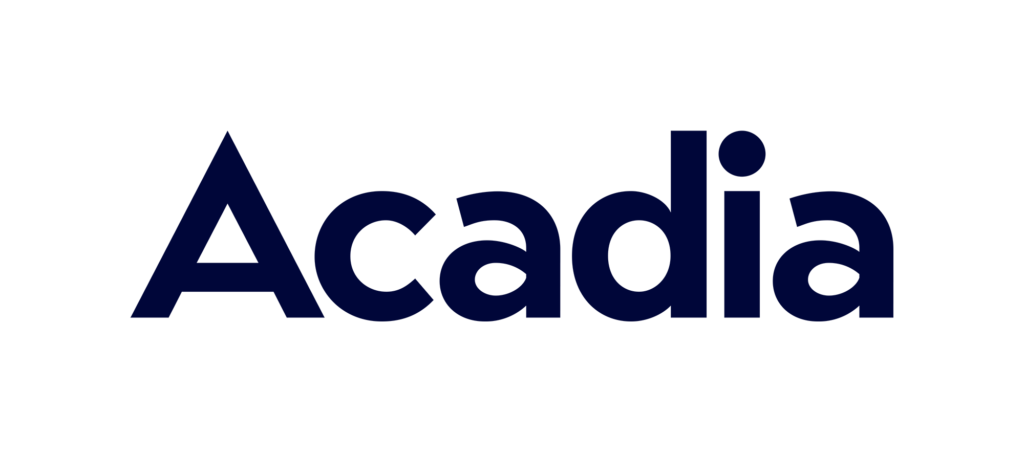Google's recent documentation leak offers rare insights into its search algorithms. Shared by Rand Fishkin and analyzed by Michael King, these findings can reshape our SEO strategies. Here are the key takeaways and their implications for our work.
The Reality of Site-Level Authority
Despite Google's claims, the leaked documents confirm a "siteAuthority" metric. This means site-level authority does influence search rankings. Building and maintaining a strong web presence is essential.
Actionable Insight: Focus on enhancing your site's authority by consistently publishing valuable content, earning reputable backlinks, and ensuring a robust site structure.
User Engagement: The Silent Ranking Factor
The leak reveals that user engagement and click data influence search rankings. Systems like NavBoost and Glue use metrics such as goodClicks and lastLongestClicks. User interactions matter more than Google previously stated.
Actionable Insight: Improve user engagement by enhancing click-through rates (CTR) and reducing bounce rates. Ensure your content retains users’ attention.
Navigating the Sandbox: Challenges for New Sites
New websites face visibility challenges due to a sandbox system that manages fresh spam. This requires patience and strategic planning.
Actionable Insight: Plan for a gradual visibility build-up when launching a new site. Focus on creating high-quality content and obtaining credible backlinks from the outset.
Chrome Data in Ranking Calculations
The leaked information suggests that data from the Chrome browser influences ranking calculations. Optimal performance across all browsers, but especially Chrome, is essential.
Actionable Insight: Regularly test your website’s performance on Chrome and other major browsers. Optimize load times, responsiveness, and user experience.
Decoding Google’s Complex System Architecture
Google’s ranking system involves multiple microservices, each handling specific search ranking and content retrieval aspects. This modular approach includes over 2,500 modules with 14,014 attributes.
Actionable Insight: Take a holistic approach to SEO. Optimize all aspects of your site—from technical SEO and content quality to user experience—to align with Google's multifaceted ranking criteria.
Quality Signals and Content Demotions
Content can be demoted due to link mismatches, user dissatisfaction, product reviews, and location-specific factors. Maintaining high-quality content is critical.
Actionable Insight: Regularly audit your content to ensure it meets high standards. Pay attention to user feedback and reviews, and adjust to improve satisfaction and engagement.
Author and Entity Credibility
Google stores author information and determines whether an entity is the author of a document. Author credibility and entity recognition impact rankings.
Actionable Insight: Clearly attribute content to credible authors and entities. Build and maintain your authors' reputations through authoritative content and industry engagement.
Maintaining Consistency in Updates
Google keeps a copy of every version of every page indexed but uses only the last 20 changes when analyzing links. Consistency in quality updates is vital.
Actionable Insight: Ensure consistent quality in your content updates. Avoid frequent, low-quality changes that could harm your site’s reliability.
Conclusion
The Google leak underscores the importance of core SEO principles and highlights new areas for improvement. We can stay ahead in SEO by focusing on site authority, user engagement, strategic planning for new sites, browser performance, content quality, and author credibility.
Stay adaptable, prioritize user experience, and remember that SEO is a long-term commitment. These insights validate our strategies and strengthen our resolve to continue implementing effective practices.
Get in touch and let Acadia help you navigate these insights and elevate your SEO strategy.
